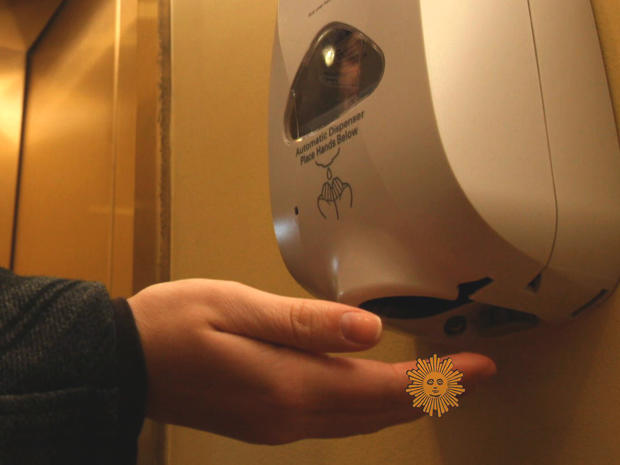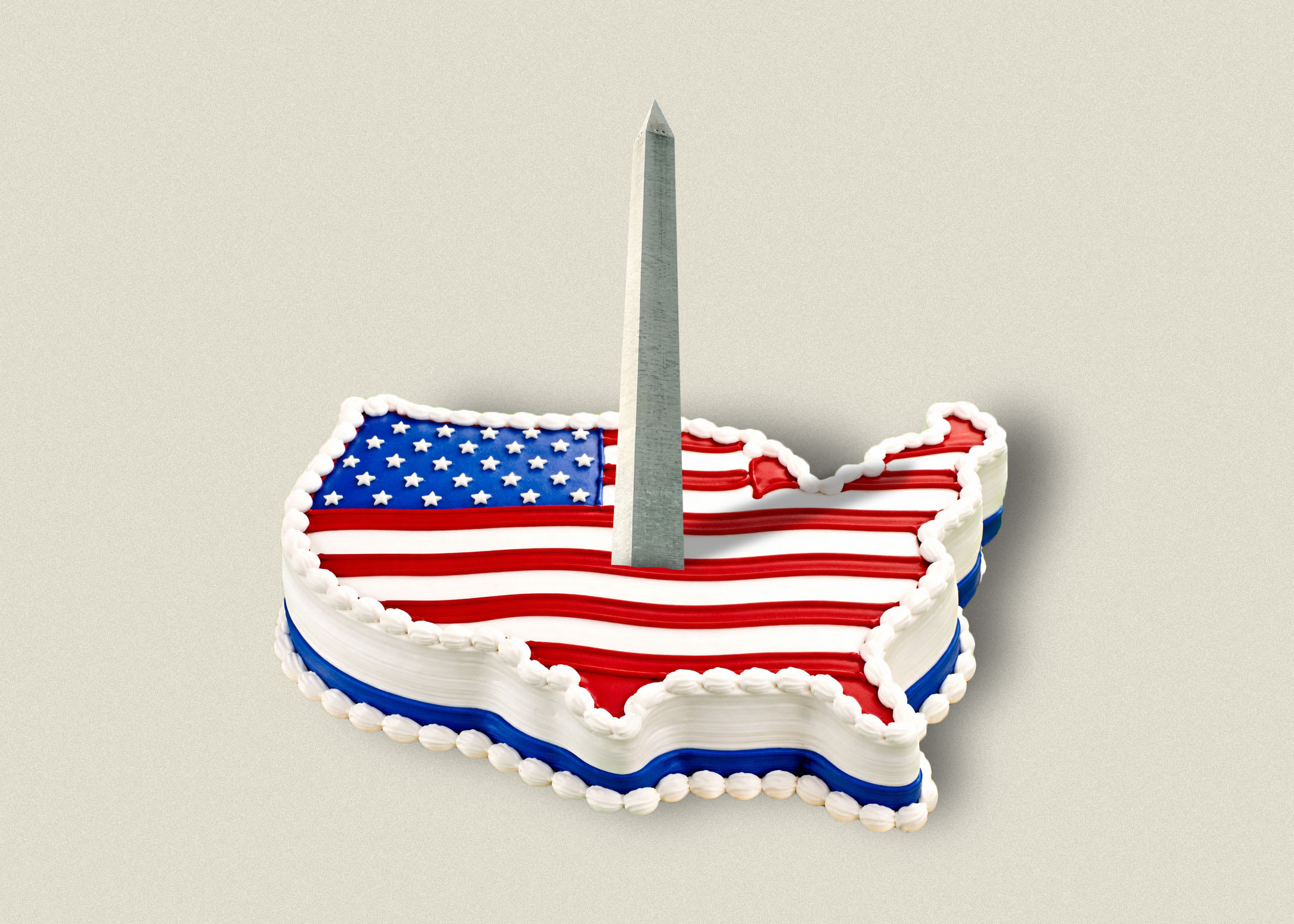How Purell's business began to clean up
(CBS News) Now and again we like to tell you about success stories around the country, people in business who are CLEANING UP -- which, Rebecca Jarvis tells us, is quite literally the case for a family-run business in Akron, Ohio:
It's reached the brand nirvana of being both a noun and verb in pop culture.
As Jim Parsons exclaimed on "The Big Bang Theory," "Oh dear, oh dear. Purell, Purell."
Yet the rise of Purell -- the balm of politicians and germophobes everywhere -- is also something of an improbable tale.
Mike Richardson, an industry analyst at the Freedonia Group, said, "I guess you could describe it as a ten-year overnight success story.
"They held onto the idea and kept pushing it," he told Jarvis. "And eventually it became probably a far greater success than they would've imagined at the outset."
The company that makes Purell, Gojo Industries, is family-owned. The hand sanitizer they've made famous is outside their wheelhouse; they are mostly known by businesses for their soaps.
Gojo CEO Joe Kanfer said that in 1946 his Aunt Goldie and Uncle Jerry developed a hand cleaner to get grease and carbon black off of working people's hands. "And it was called Gojo, the namesake of our company today," he told Jarvis.
It was made in their basement, literally -- "in my grandmother's washing machine," he said.
Jerry Lippman revolutionized their business by making one of the industry's first dispensers, made with old window cranks. Kanfer said as a small boy he would be rewarded for going to junkyards looking for window crank handles. "I found plenty!" he said.
When Kanfer was in his 20s, Uncle Jerry gave him an even bigger reward -- 50 percent of the company. "He with some wisdom said to me, 'You know, if it's all mine, you might waste my money. But if it's half yours, I think you'll take care of it!"
And take care of it he did.
In the late '80s, his company developed an alcohol-based hand sanitizer that was easy on the skin. Kanfer intended Purell not for consumers -- that came later -- but for food and health care workers.
The right name didn't come right away: "Frankly, I wanted to name the product 'Flash,' because I was so excited. 'It worked in a flash,' I thought," said Kanfer. "I thought I was being quite clever."
They found the right name: Purell, as in "pure."
But finding customers was a struggle.
"A few nursing homes, a few hospitals, a few office buildings. But really very little. It wasn't catching on," Kanfer said. "We were actually losing money right and left trying to sell it, trying to promote it. I think our sample budget was bigger than our gross sales back then."
The problem, said Gojo vice president Jim Arbogast, was that in those days a hand sanitizer was a hard sell.
"Twenty, thirty years ago, the paradigm was hand washing was the only solution," Arbogast said. "And some people believed that the only way to reduce germs on hands was through hand washing."
For 10 years the company lost money on Purell, but it also participated in studies on the efficacy of hand sanitizers.
In 2002, their work paid off: reviewing the evidence, the CDC concluded that alcohol-based products killed germs more effectively than hand washing, and rewrote its "guideline for hand hygiene in health care settings."
"It was very vindicating," said Arbogast. "It was a huge success. It was what some people in the hallways here call the race to the wall."
As in hospital walls, dotted with of Purell dispensers. Business boomed.
To grow that business, Gojo regularly asks in groups of people, such as nurses, to give feedback on new formulations of Purell.
The focus in a session Jarvis attended was on how the product feels . . . potential stinging, sticky, slippery.
"The products have to be loved by the customer," said Arbogast. "If they're not really loved by the customers, they won't get used."
Gojo also beats up their dispensers. Half their R & D budget is spent on getting that right.
"We make a lifetime guarantee on the delivery system, so we really build them to be tough," said Arbogast.
Today, Gojo estimates that more than 100 million people worldwide use Purell each day.
To Joe Kanfer, the moral of the story is, you need a little patience: "And a privately-owned business has a little bit more opportunity for patience. I probably would have been fired if I were working for anybody else. If there were public shareholders, I would've probably been long gone after almost a decade of trying. But eventually it paid off."
You might say the "P" in Purell stands for persistence.
For more info:




